In a surprising twist that blended entertainment with global issues, former Fox News anchor Megyn Kelly recently called for a boycott of Taylor Swift. The reason? Swift’s attendance at a charity event in Gaza, an appearance that Kelly implied could be politically charged. Taylor Swift, known for being cautious about addressing controversies, had a quick and striking response that left fans and critics debating the role of influence, privacy, and personal choice in the lives of public figures.
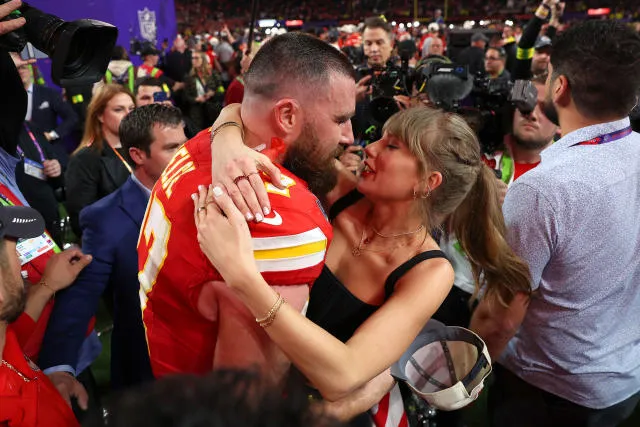
It all began when Swift attended a high-profile charity event designed to raise funds and awareness for humanitarian relief efforts in Gaza. Swift’s involvement in charity work has been widely documented, as she’s known to support numerous causes close to her heart. Yet, her decision to participate in this particular event sparked controversy, with Kelly among the first to publicly criticize her choice, suggesting it implied a political stance. Kelly voiced her opinion on her podcast, claiming, “Celebrities like Taylor Swift have immense influence. Attending an event like this sends a message, whether intentional or not. It’s important to recognize the implications of these actions and not support those who could be encouraging a one-sided perspective.”
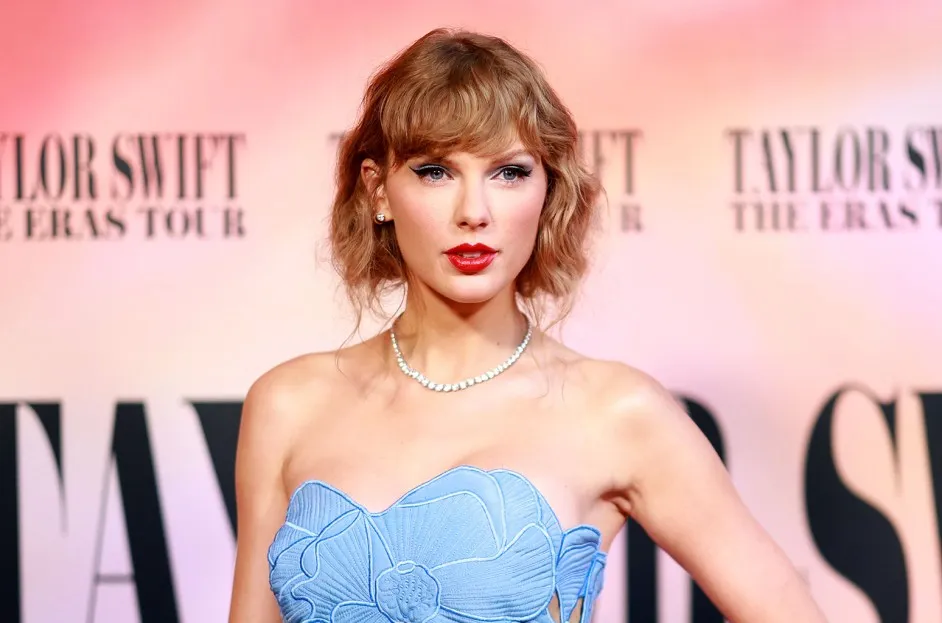
Kelly’s remarks spread quickly, igniting strong responses on social media and across the entertainment world. Many criticized Kelly’s perspective, arguing that Swift’s appearance at a humanitarian event should not automatically be seen as a political statement. Supporters pointed out that Taylor Swift has a long history of philanthropy, often focusing on causes related to disaster relief and education. However, Kelly’s words gained traction in certain circles, with some echoing her concerns about the potential implications of Swift’s actions, particularly given her global influence.
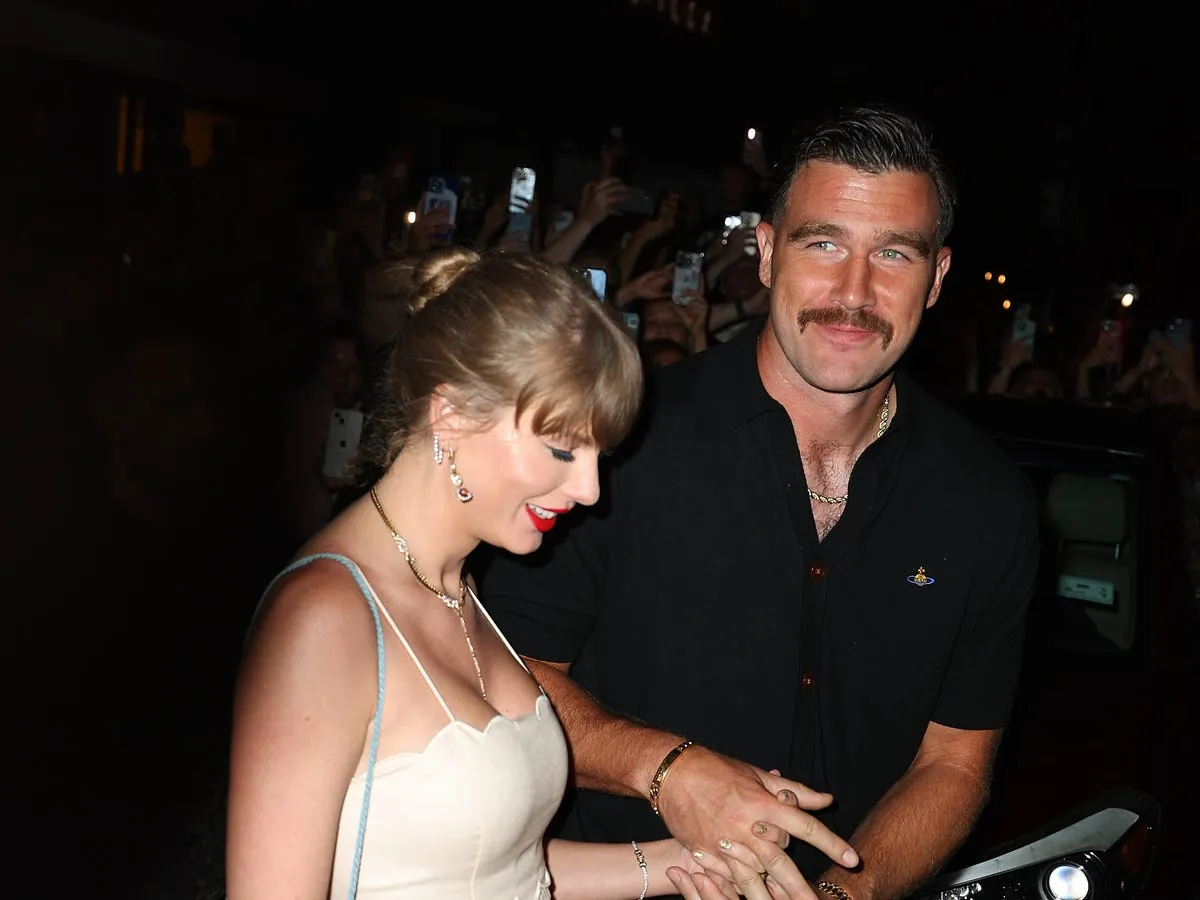
Swift herself, typically known for her restraint in addressing controversies, responded with a powerful statement that only added to the fervor. When a reporter questioned her about Kelly’s comments, Swift firmly replied, “I don’t have to explain what I do. You talk like you know my intentions, but you don’t. My actions speak for themselves.” Her words immediately resonated with her fan base, many of whom admired her for standing up against attempts to label her actions with assumed motives. Her response was widely shared on social media, where fans used the hashtag #StandWithTaylor to show support.
For Swift’s supporters, her words represented her unwavering commitment to doing what she believes in, regardless of public opinion. Fans argued that she should be able to engage in humanitarian causes without the need to justify her actions or be subjected to political assumptions. Many felt her statement demonstrated her right to personal autonomy, a stance that further solidified her connection with her fan base.
Kelly’s call for a boycott also sparked a wider debate on celebrity influence in social and political issues. With a massive fan base and global reach, public figures like Swift often find themselves under scrutiny for even the most charitable actions. Some argue that this level of influence requires celebrities to carefully consider the implications of their involvement in sensitive matters. However, others contend that celebrities, like anyone else, have the right to support causes they believe in without having their intentions dissected.
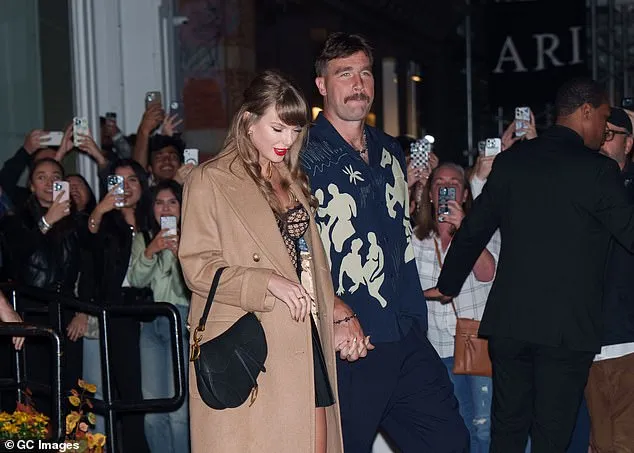
Public response to Kelly’s boycott call was mixed. Some agreed with her perspective, believing that celebrities should be mindful of the potential messages their actions send. One commenter stated, “Celebrities have so much power. Taylor’s actions could influence people in ways she doesn’t even realize. Kelly is right to call this out.” On the other hand, a majority of fans voiced their disapproval, defending Swift’s choice to participate in charitable work without it being politicized. One fan shared on social media, “Taylor has a right to care about humanitarian issues without people turning it into a political debate. She’s a person, not a politician.”
The incident has highlighted the growing expectations placed on public figures, particularly in the realm of social media. As fans and the public grow more engaged with the personal lives of celebrities, these individuals often face pressure to clarify their intentions. This creates a challenging environment where even charitable acts may be interpreted as having deeper political implications. For Swift, the call for a boycott may have been unsettling, but her response made it clear that she is not swayed by public opinion when it comes to her values.
Kelly’s remarks have reignited conversations around the roles and responsibilities of celebrities in activism. With social media amplifying their influence, many believe that figures like Swift can shape public opinion, intentionally or otherwise. However, the response to Kelly’s boycott call indicates a strong sentiment that celebrities should not have to justify their decisions to support humanitarian causes. Swift’s fans were quick to defend her, arguing that it’s unfair to politicize her actions and expect her to provide explanations for charitable involvement.
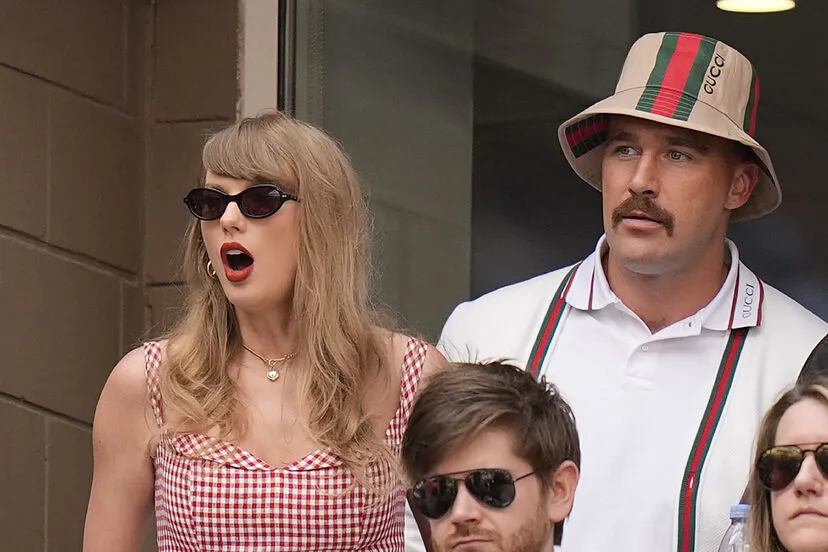
Despite the controversy, Swift’s career is unlikely to be impacted by Kelly’s boycott call, as her dedicated fan base continues to stand by her. Her decision to respond directly, rather than staying silent, has only deepened her connection with fans who admire her authenticity. This moment has further cemented her image as an artist who follows her principles and supports causes she believes in, regardless of public reaction.
In the end, the broader implications of this incident go beyond the immediate drama. It serves as a reminder that while public figures wield significant influence, they are also individuals with the right to privacy and personal choice. As the entertainment and social spheres continue to intersect, the boundaries of celebrity activism will remain a complex and evolving issue. For Swift, her response to Kelly’s comments reinforced her independence and dedication to philanthropy, signaling that she is prepared to face any backlash that may come her way.


